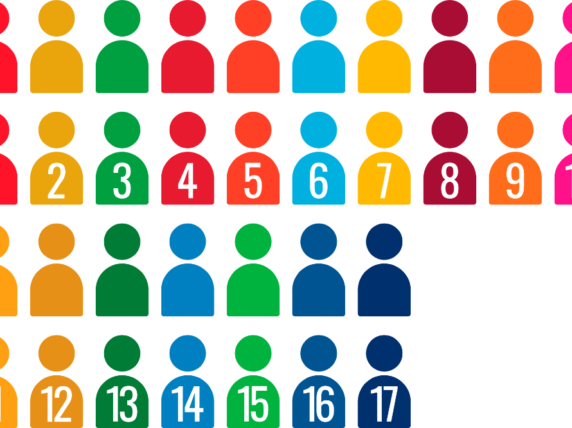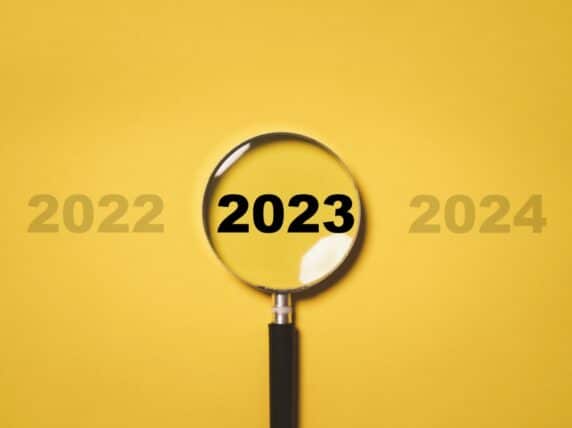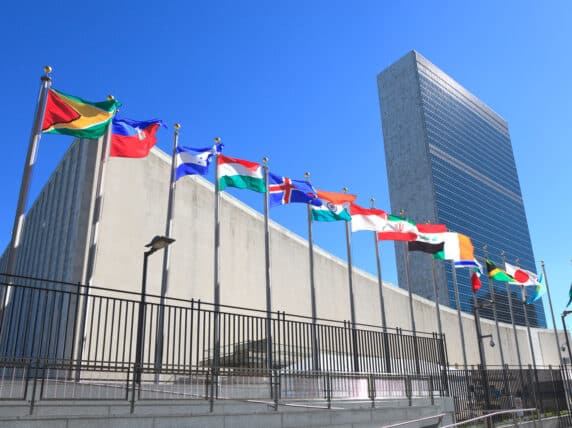Where does the UK stand on eradicating poverty?
As we approach the halfway mark of the UN 2030 Agenda and prepare for the 2023 SDG Summit, the UK government’s response to the International Development Committee report on extreme poverty and Sustainable Development Goals (SDGs) comes at an important time.
How is the UK doing, when it comes to eradicating extreme poverty and achieving the SDGs? Bond’s working groups tell us.
Bond’s Sustainable Development Goals working group response:
Covid-19 marked the end of 30 years of progress on poverty reduction, exacerbating pre-existing inequalities within and between countries. The UK government’s recent response to the IDC’s recommendations acknowledges the urgent need to tackle poverty, yet it fails to outline how it will do this – relying on references to the International Development Strategy (IDS) instead. As we said in our evidence to the inquiry, the IDS lacks clarity and detail on how the SDG pledge to leave no one behind, which is not even mentioned, will be implemented, despite setting out a vision of how the Foreign, Commonwealth & Development Office (FCDO) will promote economic development and trade in lower and emerging economies. It is difficult to gauge how it aligns with the 2030 Agenda because, unlike the SDGs, it does not contain targets and an indicator framework to track progress.
Inclusion strategies such as the Disability Inclusion and Rights Strategy and International Women and Girls strategy are welcome, but there is little evidence that the principle of reaching the furthest behind first has been mainstreamed. The lack of Official Development Assistance (ODA) transparency is worrying and means that is impossible to know whether other government departments spending ODA, like the Home Office, are really using these funds to address extreme poverty.
While most countries have now conducted two or three Voluntary National Reviews (VNRs), the UK government has not committed to a second. It has not even implemented the commitments it made in the 2019 VNR, including establishing a multi-stakeholder engagement mechanism and strengthening the institutional means of implementation.
Bond’s Disability and Development group (DDG) response:
It is great that the UK government will monitor the delivery of the Disability Inclusion and Rights Strategy 2022 to 2030 (DIRS) through progress indicators (such as the OECD DAC marker for disability) and report every six months to an external board. FCDO must also ensure that the delivery plan, which is currently being drafted, combines and captures all of the commitments in both the DIRS and those made at the Global Disability Summit in 2022. The indicators in the delivery plan also need to be strengthened with clear baselines, milestones, and numerical targets, as well as information and transparency about funding allocations.
The sense of urgency and scale of the work needed to deliver on commitments on education is missing. As we recover from a pandemic that has further exacerbated an existing learning crisis, building inclusive systems is more urgent than ever. It is positive that the UK Girl’s Education Challenge programme is helping over 150,000 girls with disabilities attend schools, but the scale of the UK’s investment in inclusive education and particular allocations to girls with disabilities should be strengthened, and current projects scaled up.
The newly published FCDO Women and Girls Strategy is a step in the right direction, particularly the commitment that 80% of bilateral programmes will have a gender equality focus by 2030. However, it fails to mention the DIRS at all and if disability inclusion is not prioritised, we risk leaving 18% of women and girls behind.
Bond’s Sustainable Economic Development (SED) group response:
The government has not offered a specific British International Partnerships strategy to explain how various economic development and investment instruments, including British International Investment (BII), will work individually and holistically to generate the desired development outcomes.
BII’s investments can play a significant role in poverty eradication but its investments in LMICs have delivered mixed results. For example, the new ICAI report on aid to India concluded that BII’s “portfolio lacks strong ‘financial additionality’ [..] and does not have a clear link to inclusive growth and poverty reduction”. Much depends on how much, to who, for what purpose and with what conditions the investment is made. BII needs to design a more targeted impact framework which prioritises the poorest parts of society by shaping locally relevant, affordable, sustainable economic opportunities to escape the poverty trap. BII and other Development Finance Institutions should differ from other private investors by taking more risks, investing in places where no one is investing and accepting lower profit margins in the name of greater development impact. They should take a bottom-up approach to decision-making, ensuring that investments are not just driven by the interests of international investors and markets, but are truly supporting locally owned transformative change.
In Africa and many Asian countries, about 80% of employment is in the informal economy which also has the highest concentration of poorer, marginalised people. If BII wants to operate only in the formal economy, it is reducing its potential impact on poverty reduction. BII’s role isn’t just to invest in already productive companies but rather to help nurture local entrepreneurs offering affordable and accessible capital, knowledge and skills transfer for development.
To ensure policy coherence, civil society has been calling for a cross-government trade strategy defining the UK’s approach to trade, the key principles and how trade will be aligned with SDGs, the Paris agreement, leave no one behind, and guidelines for business and human rights. For trade to contribute to poverty alleviation, it must be inclusive – both in terms of outcomes, as well as the process of trade negotiations.
Any investment and trade should also support a just and green transition to net zero economy, supporting technology, knowledge and skills transfer, strengthening climate resilience and supporting the needs of local economies. UK trade strategies, agreements and policies should focus on helping to reverse the current model of resource extraction from lower-income countries and enable sustainable development.
You can read the full submission to the IDC inquiry from Bond, the SDG group (and here) and the DDG.
This blog was written by Andrew Griffiths and Lilei Chow (Bond SDG working group), Hannah Dawson (Bond DDG) and Sandra Martinsone (Bond SED group).
Join a Bond working group!
Bond has over 40 working groups with more than 3,000 members, each focusing on key thematic areas in the development and humanitarian sector, including the SDGs, Disability and Development and Sustainable Economic Development.
Join a working groupCategory
News & Views



